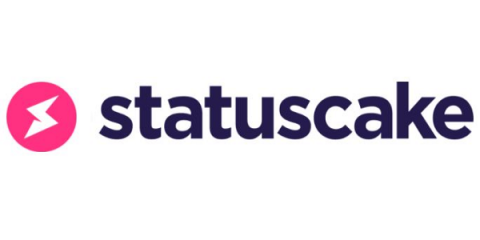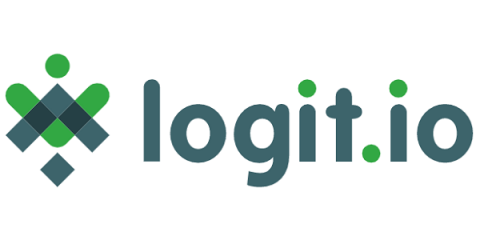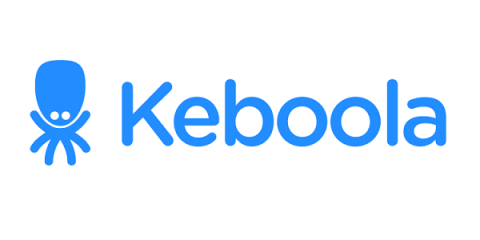Your guide to SSL certificates as an online customer
We’re all familiar with the internet, especially since we use it to do almost all of our daily activities. Since the days of that familiar buzzing noise of AOL dial-up as it connected to somewhere out there in the stratosphere, we’ve been hooked on the internet and its vast space that holds endless amounts of information, ready for us to tap into right at our fingertips.











